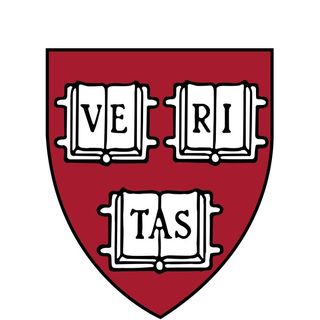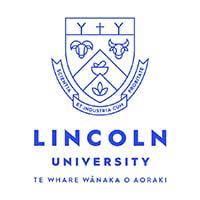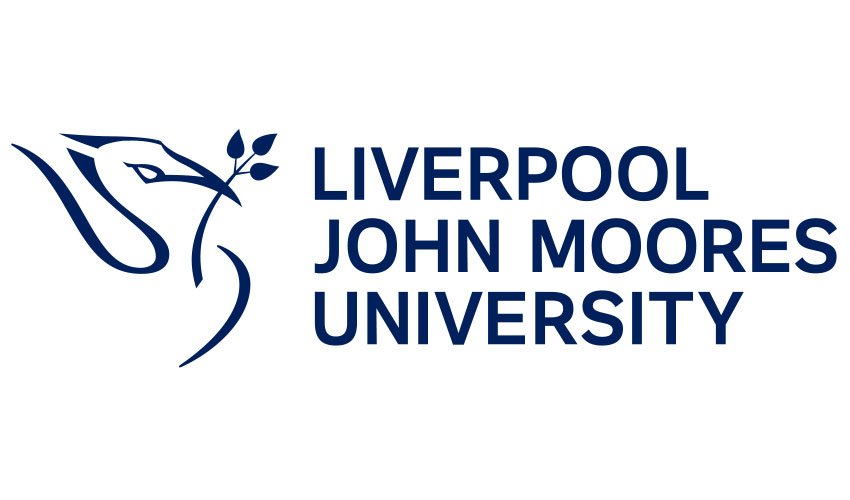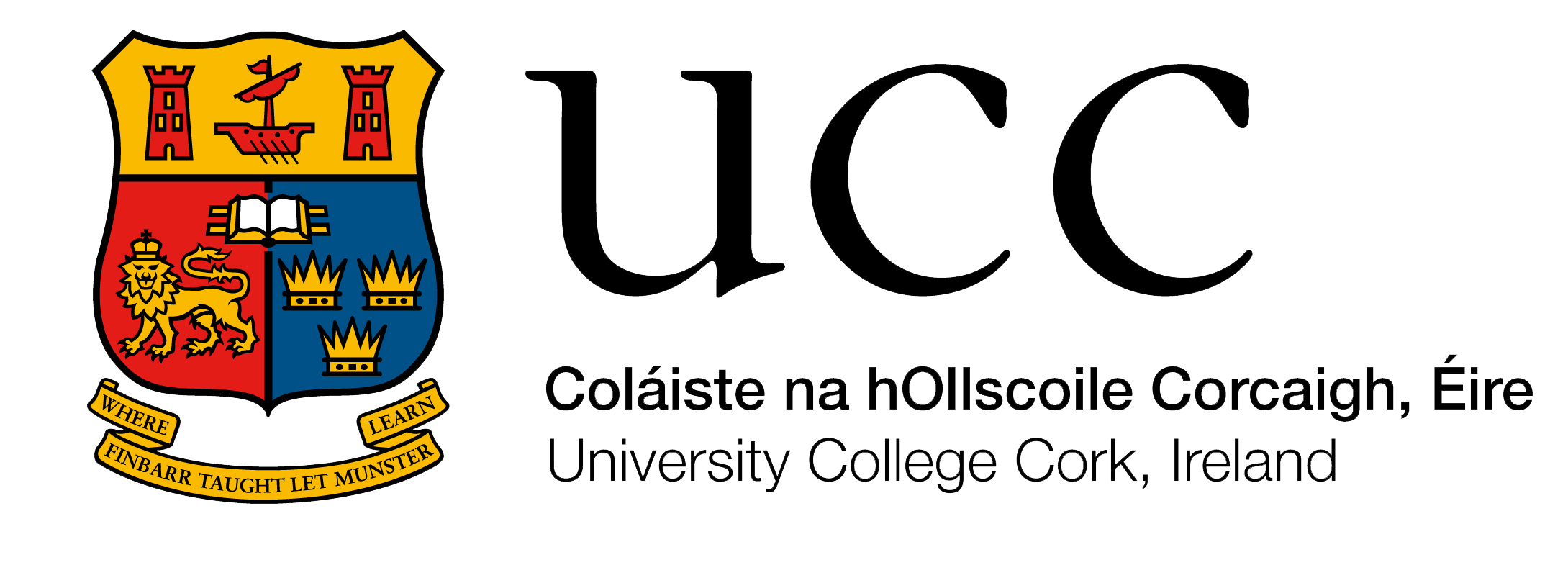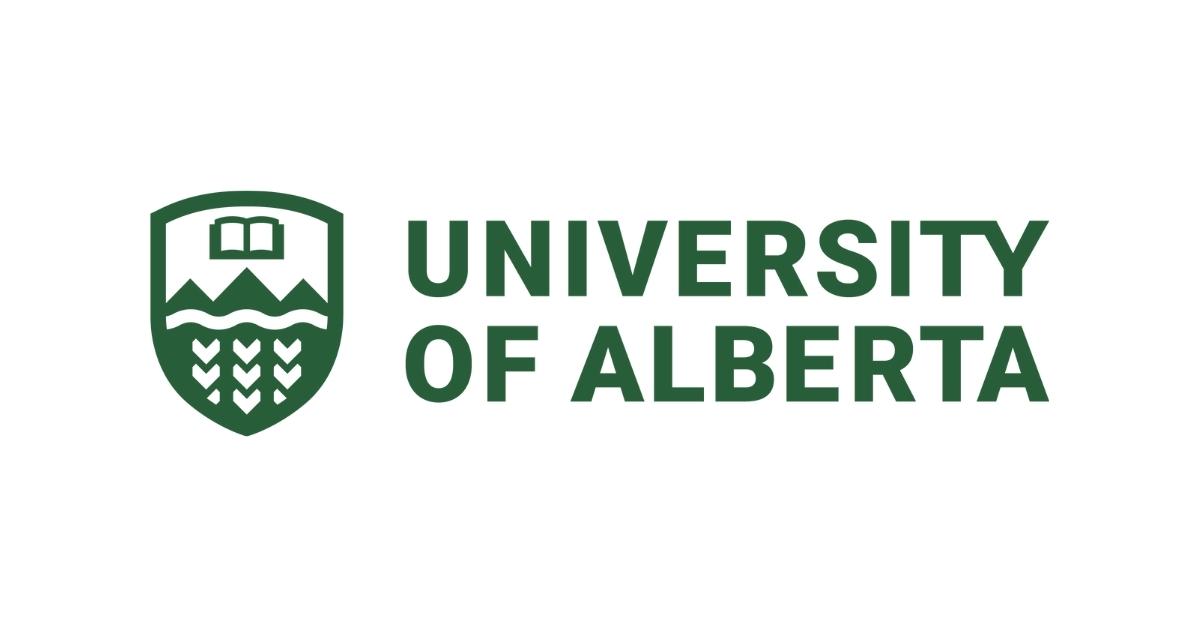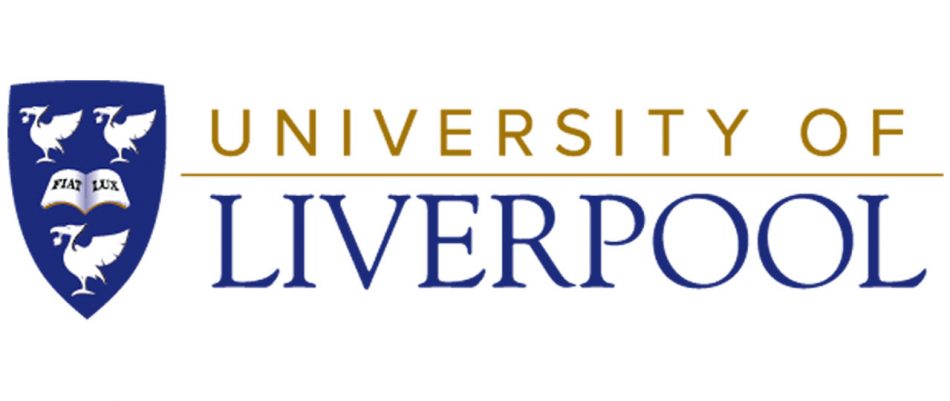Astrophysics: Unlocking the Mysteries of the Cosmos
Welcome to the exciting world of Astrophysics, a field that combines physics, mathematics, and astronomy to explore the universe's deepest secrets. For Indian students dreaming of studying abroad, pursuing Astrophysics offers unparalleled opportunities to delve into cutting-edge research, access world-class facilities, and collaborate with global experts. Whether you're fascinated by black holes, distant galaxies, or the origins of the universe, this discipline promises intellectual adventure and rewarding careers. In this course page, we'll guide you through everything you need to know about studying Astrophysics overseas.
What is Astrophysics?
Astrophysics is the branch of astronomy that applies the laws of physics to understand celestial phenomena. It goes beyond stargazing to explain how stars form, evolve, and die; how planets and galaxies interact; and even the fundamental forces shaping the cosmos. Imagine using equations to model supernova explosions or telescopes to detect exoplanets— that's the essence of Astrophysics.
For aspiring scientists, Astrophysics bridges theoretical knowledge with practical applications. It draws on concepts from quantum mechanics, relativity, and electromagnetism to tackle questions like: What is dark matter? How did the Big Bang unfold? This interdisciplinary field not only expands our understanding of the universe but also drives innovations in technology, such as satellite systems and space exploration.
- Key Areas of Study: Stellar evolution, cosmology, galactic dynamics, and high-energy astrophysics.
- Tools and Techniques: Telescopes (optical, radio, X-ray), computer simulations, and data analysis software.
- Real-World Impact: Contributes to GPS technology, climate modeling, and future space missions.
Why Study Astrophysics Abroad as an Indian Student?
India has a rich legacy in astronomy, from ancient observatories like Jantar Mantar to modern institutions like the Indian Institute of Astrophysics. However, studying abroad elevates your experience by providing access to advanced resources unavailable domestically. Top global universities boast massive telescopes, supercomputers, and collaborations with space agencies like NASA or ESA—opportunities that can supercharge your career.
For Indian students, the allure is even greater. With India's growing space sector (thanks to ISRO's successes like Chandrayaan), an international Astrophysics degree positions you as a bridge between global research and national ambitions. Plus, abroad programs often include scholarships tailored for international talent, easing financial burdens. You'll gain cultural exposure, improve English proficiency, and build a global network—essential for thriving in today's interconnected scientific community.
Benefits at a Glance:
- Exposure to state-of-the-art labs and observatories, like the Hubble Space Telescope data archives.
- Research opportunities with renowned professors, leading to publications in top journals like Astrophysical Journal.
- Post-study work visas in countries like the US, UK, or Australia, allowing you to gain experience before returning to India.
- Enhanced employability: Indian firms like Tata Consultancy Services and space startups value international credentials.
Top Destinations for Astrophysics Programs
Choosing the right country matters. The US leads with its innovative spirit, Europe offers strong theoretical foundations, and Australia provides stunning southern hemisphere skies for observation. Here's a comparison of popular destinations:
| Country | Top Universities | Program Highlights | Tuition (Annual, Approx. in INR) | Visa Ease for Indians |
|---|---|---|---|---|
| USA | Caltech, Harvard, MIT | Strong focus on research; access to NASA; internships at observatories like Mauna Kea. | 20-40 lakhs | Moderate (F-1 visa with OPT extension) |
| UK | University of Cambridge, Oxford, Imperial College London | Emphasis on cosmology; collaborations with European Space Agency; shorter 1-year master's programs. | 15-30 lakhs | High (Tier 4 visa with 2-year post-study work) |
| Australia | University of Sydney, Australian National University | Excellent for observational astronomy; clear skies; scholarships like Endeavour for internationals. | 18-35 lakhs | High (Subclass 500 visa with 2-4 years post-study work) |
| Canada | University of Toronto, UBC | Focus on astroparticle physics; multicultural environment; research in dark matter detection. | 15-25 lakhs | High (Study Permit with PGWP up to 3 years) |
| Germany | Max Planck Institute affiliates, LMU Munich | Low/no tuition; strong in theoretical Astrophysics; English-taught programs available. | 5-10 lakhs (mostly living costs) | Moderate (Student visa with 18-month job search) |
These destinations cater specifically to international students, with many offering dedicated support for Indians, including Holi celebrations and Hindi-speaking advisors.
Typical Course Structure and Curriculum
Astrophysics programs vary by level—bachelor's (3-4 years), master's (1-2 years), or PhD (3-5 years)—but all emphasize a blend of theory, lab work, and research. Bachelor's programs build foundational skills, while graduate levels dive into specialized topics.
Core Curriculum Highlights:
- Foundational Courses: Classical Mechanics, Quantum Physics, Electrodynamics, and Mathematical Methods for Physicists. These equip you with the tools to model astrophysical systems.
- Astrophysics-Specific Modules:
- Stellar Astrophysics: Study star formation, spectra analysis, and HR diagrams.
- Galaxies and Cosmology: Explore the Big Bang, cosmic microwave background, and dark energy using simulations.
- Observational Techniques: Hands-on with telescopes, photometry, and spectroscopy; often includes field trips to observatories.
- Exoplanets and Astrobiology: Search for life beyond Earth, analyzing data from missions like Kepler.
- Advanced Electives: Black Hole Physics, Gravitational Waves (post-LIGO era), or Computational Astrophysics using Python and MATLAB.
- Research Component: Capstone projects or theses, where you might analyze real data from the James Webb Space Telescope.
Programs often include seminars with guest speakers from ISRO or international space agencies, fostering a global perspective. Expect 20-30 hours of weekly lectures, plus self-study and group projects.
Admission Requirements for Indian Students
Gaining admission requires preparation, but it's achievable with strong academics. Most programs seek students with a background in physics and math from Class 12 or a bachelor's in a related field.
Essential Requirements:
- Academic Qualifications: Minimum 60-70% in bachelor's (for master's/PhD); JEE Advanced or IIT background is a plus for competitive programs.
- Standardized Tests: GRE (Physics subject test optional but recommended); IELTS/TOEFL for English proficiency (aim for 7.0+ IELTS).
- Documents: Statement of Purpose (SOP) highlighting your passion for Astrophysics—mention inspirations like Aryabhata or recent ISRO missions; Letters of Recommendation (2-3) from professors; CV with any research or internship experience.
- Application Timeline: Deadlines typically December-February for fall intake; apply 8-12 months in advance.
- Interviews: Some universities conduct virtual interviews to assess your motivation.
Tip: Highlight how studying abroad aligns with India's space goals to make your application stand out.
Career Opportunities After Graduation
An Astrophysics degree opens doors to diverse, high-impact careers. In India, demand is rising with initiatives like Gaganyaan, while globally, the field is booming due to space tourism and private ventures like SpaceX.
Popular Career Paths:
- Research Scientist: Work at ISRO, NASA, or ESA on missions; salary starts at ₹8-15 lakhs in India, $80,000+ abroad.
- Data Analyst/Astrophysicist: Analyze satellite data for tech firms like Google or Indian startups; average ₹10-20 lakhs.
- Academia: Professor or researcher at IITs/IISc; requires PhD, with salaries ₹12-25 lakhs.
- Industry Roles: Aerospace engineering, finance (quantitative modeling), or defense; e.g., DRDO positions pay ₹7-12 lakhs entry-level.
- Emerging Fields: Astrobiology for biotech firms or AI in space data processing.
With experience, salaries can exceed ₹30 lakhs in India or $150,000 internationally. Many alumni return to contribute to India's space program, blending global expertise with national pride.
Scholarships and Financial Aid for Indian Students
Studying abroad doesn't have to be expensive. Numerous scholarships target Indian students in STEM fields like Astrophysics.
Key Options:
- Inlaks Shivdasani Foundation: Up to ₹10 lakhs for master's abroad; focuses on merit.
- Commonwealth Scholarships (UK): Full tuition and living costs for eligible Indians.
- Fulbright-Nehru (USA): Covers master's/PhD; emphasizes leadership in science.
- DAAD (Germany): Monthly stipends of €934 for tuition-free programs.
- University-Specific: Caltech offers need-based aid; ANU has international equity scholarships up to AUD 50,000.
Additionally, education loans from Indian banks like SBI (up to ₹1.5 crore at low interest) and part-time jobs (20 hours/week allowed on student visas) help manage costs. Living expenses range from ₹8-15 lakhs annually, depending on the country.
Life as an Astrophysics Student Abroad
Beyond academics, studying Astrophysics abroad enriches your life. You'll join vibrant student communities, participate in stargazing clubs, and attend conferences like the International Astronomical Union meetings. For Indian students, universities provide support like prayer rooms, Indian cuisine in cafeterias, and Diwali events to combat homesickness.
Challenges include adapting to colder climates or time zones, but the rewards—lifelong friendships, cultural immersion, and personal growth—outweigh them. Many programs offer mental health resources and career counseling tailored for internationals.
In conclusion, Astrophysics is more than a course; it's a gateway to the stars. For Indian students, it's a chance to honor our astronomical heritage while pioneering the future. Start your journey today—reach out to our advisors for personalized guidance on applications and visas.



